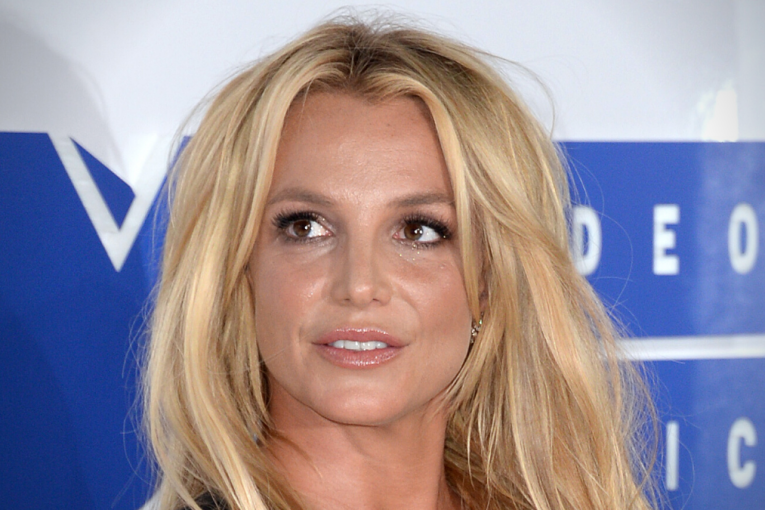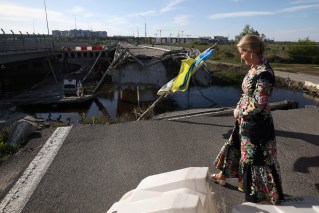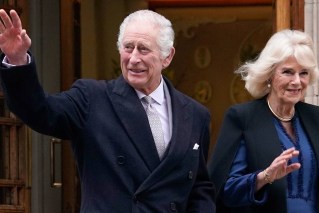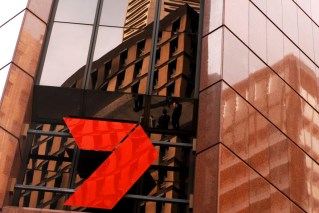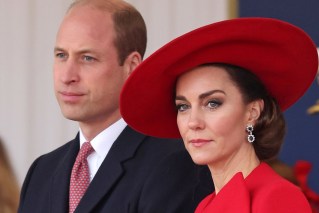‘Netflix tax’ to come into effect this week

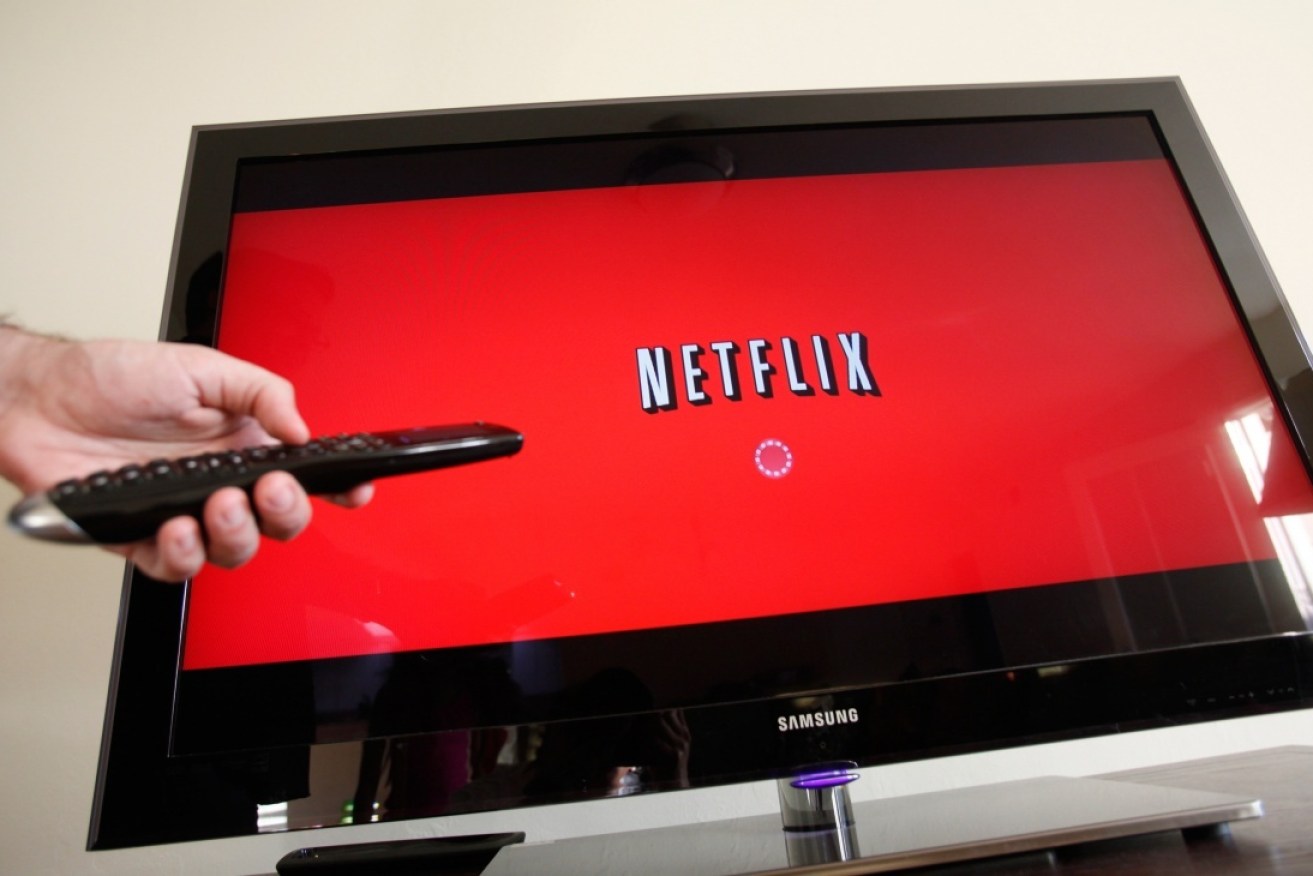
Australians will start paying 10 per cent more for digital products and services as of Sunday. Photo: AAP
Australian subscribers to Netflix will pay up to 10 per cent more for the streaming service by the end of the week.
From July 1, the 10 per cent goods and services tax (GST) will be applied for the first time to digital products and services purchased in Australia from overseas companies.
Netflix confirmed to The New Daily in May that it would add the charge.
“We collect and remit tax wherever we are legally obligated to do so,” a spokesperson said.
However, the company has not publicly confirmed if its prices will increase by exactly 10 per cent, or whether it will absorb some of the cost by reducing subscription fees.
Netflix customers currently pay $8.99 a month for a basic package, $11.99 for a standard package and $14.99 for a premium service.
Roy Morgan estimated in January that the streaming giant had almost 2.3 million household subscriptions in Australia. Nielsen put the number at 2.8 million in February.
The law will close a loophole that meant global companies did not have to collect GST on services and digital products they exported to Australia.
It will also help local companies like Stan compete with US giants like Netflix.

New Zealand, the EU and South Africa have enacted similar amendments. Photo: AAP
“It ensures Australian businesses selling digital products and services are not disadvantaged relative to overseas businesses that sell equivalent products in Australia,” Treasurer Scott Morrison told Parliament when he first introduced the bill.
Of course, it won’t just push up the price of Netflix. From July 1, the 10 per cent GST will be broadened to all digital products, such as smartphone apps, songs, podcasts, e-books and games purchased by Australians from overseas.
It will also apply to imported services, such as consultancy and professional services performed offshore for Australian customers.
The legislation is in line with taxation guidelines set by the OECD, an economic think-tank for the world’s richest countries.
Similar amendments have been recently implemented in the European Union, New Zealand, Brazil, Russia, Taiwan and South Africa.
Australia’s ‘Netflix Tax’ is expected to raise $350 million over four years from July 2017, which will be shared between the states and territories.
It is not to be confused with the so-called ‘eBay tax’ that has been delayed until July 1, 2018.
Canada says no to ‘Netflix tax’
A recommendation earlier this month from a Canadian parliamentary committee to impose a similar ‘Netflix tax’ was promptly shot down by the Trudeau government.
The parliamentary committee wanted to impose a new 5 per cent levy on high-speed internet services, to protect Canada’s struggling media industry.
The committee spent 15 months studying the ailing Canadian media industry, which has been steadily losing advertising revenue and market shares to services that allow for the streaming of music, movies and TV shows.
However, the day of the report’s release, Prime Minister Justin Trudeau told a press conference: “We’re not going to be raising taxes on the middle class through an internet broadband tax. That is not an idea we are taking on.”
